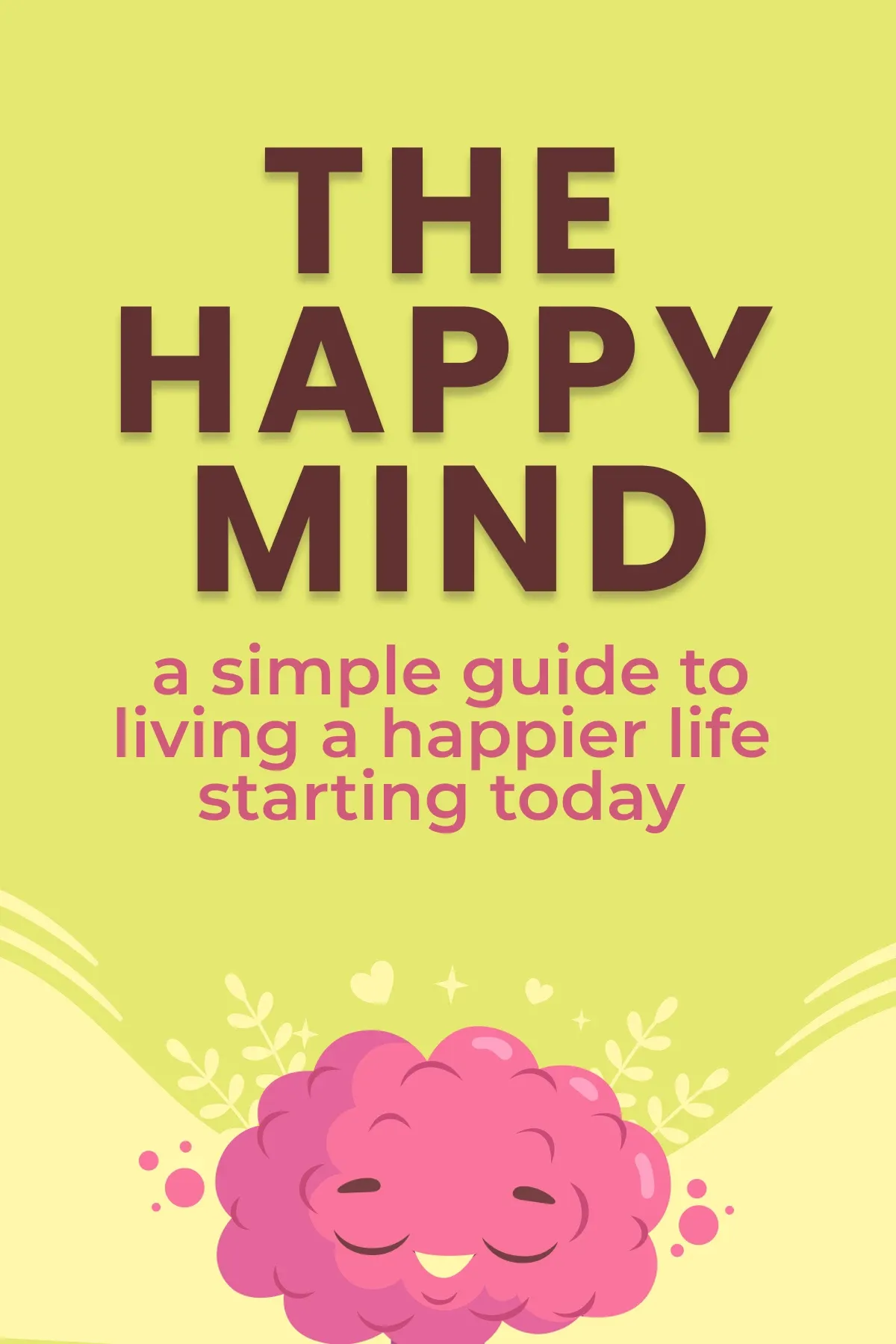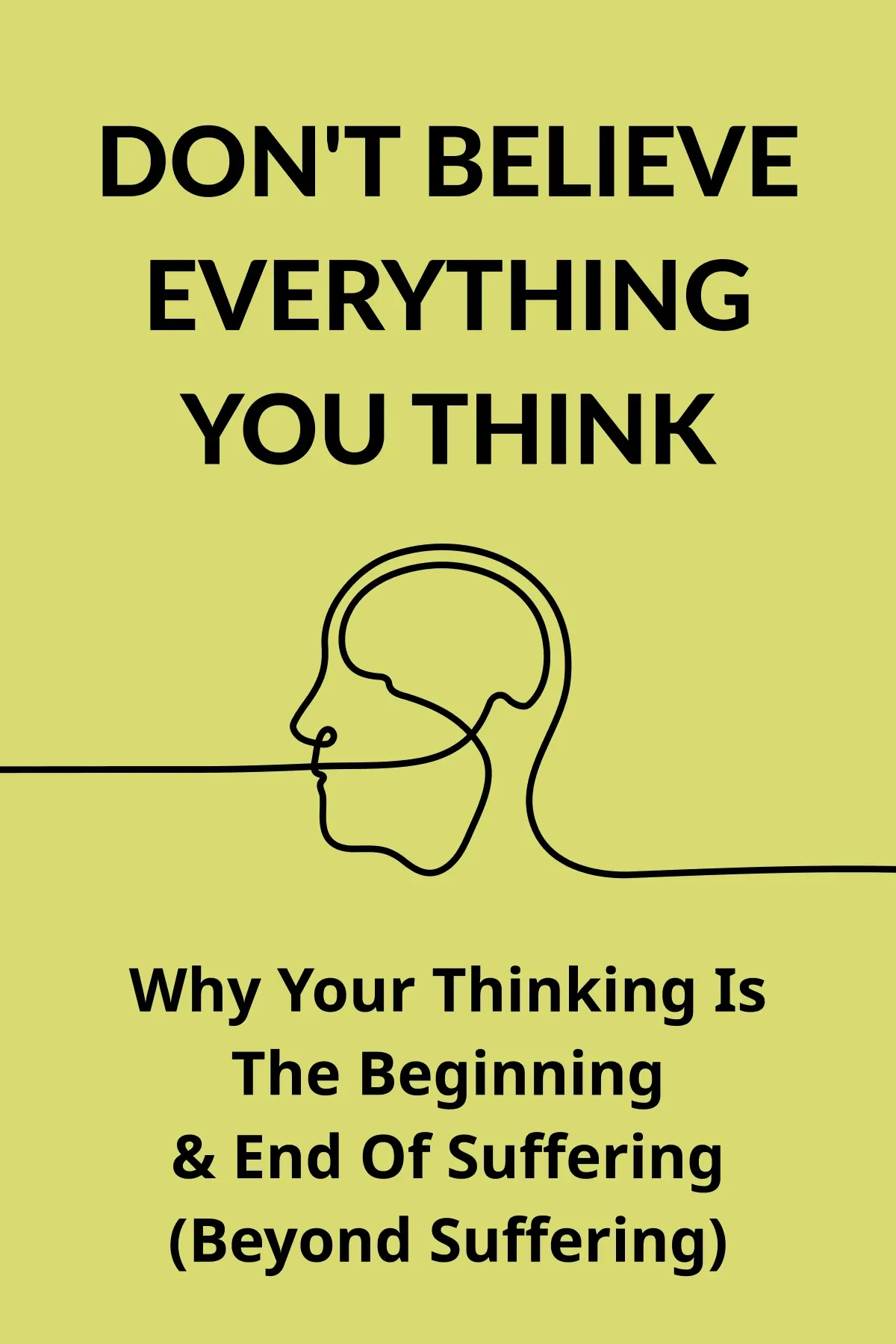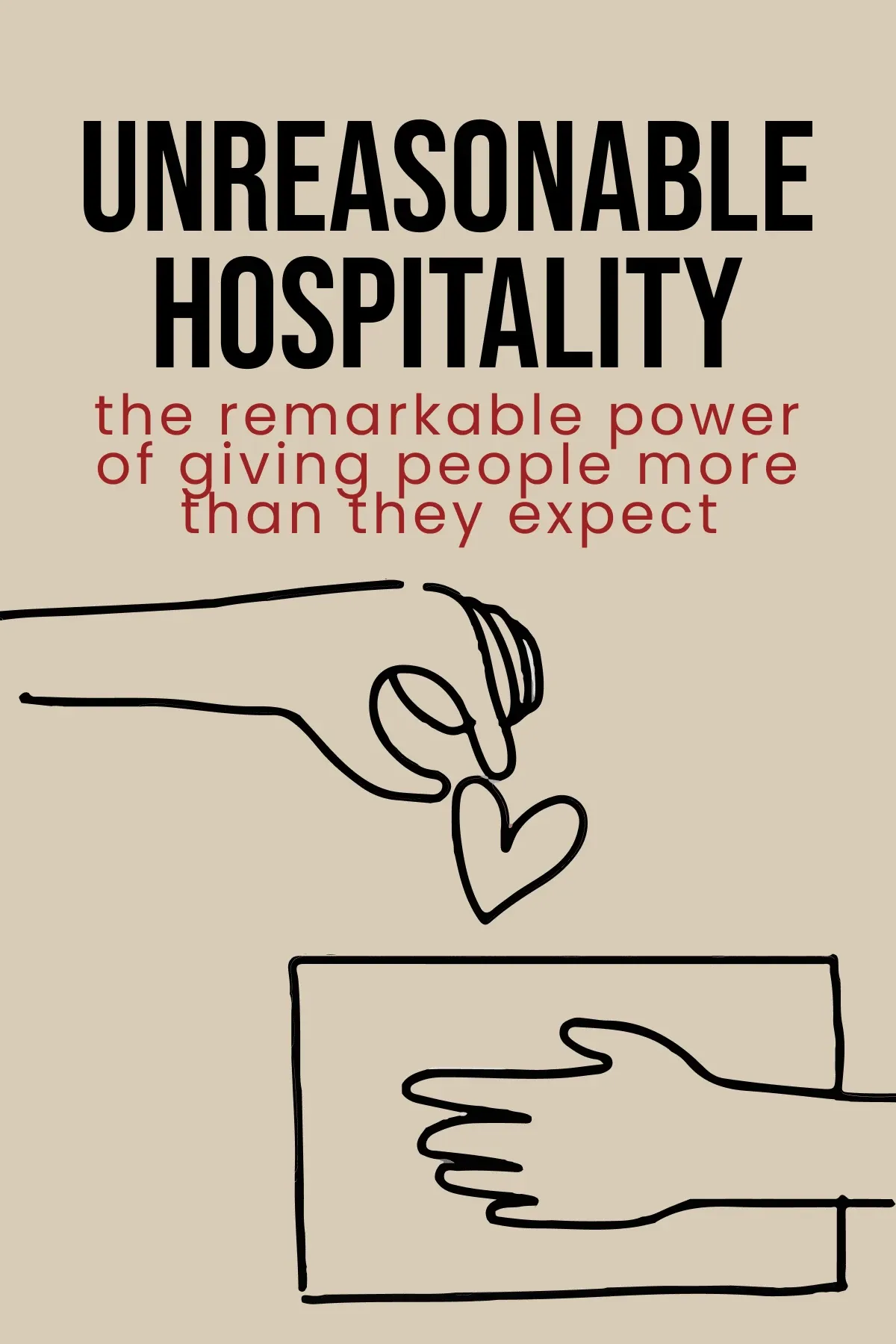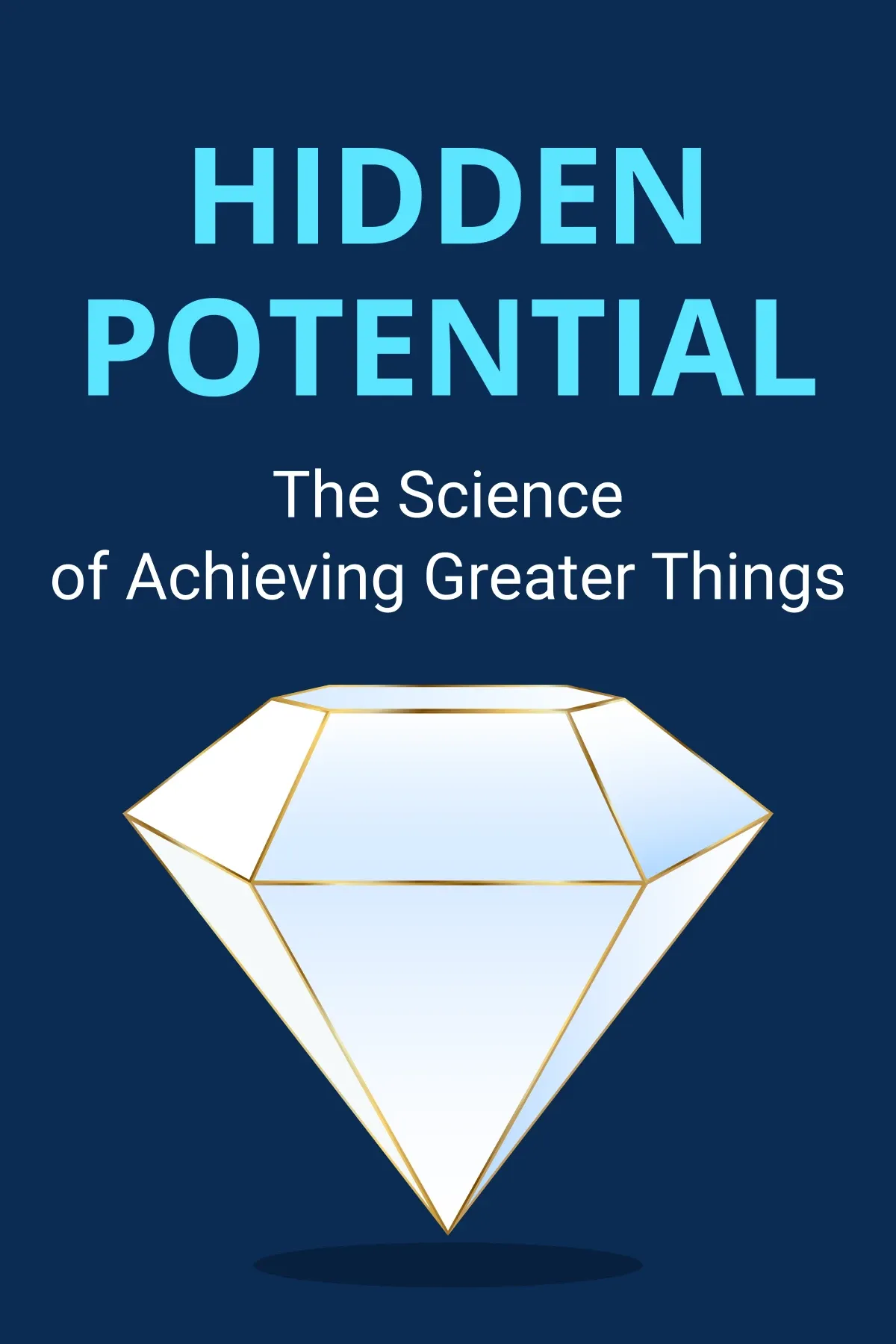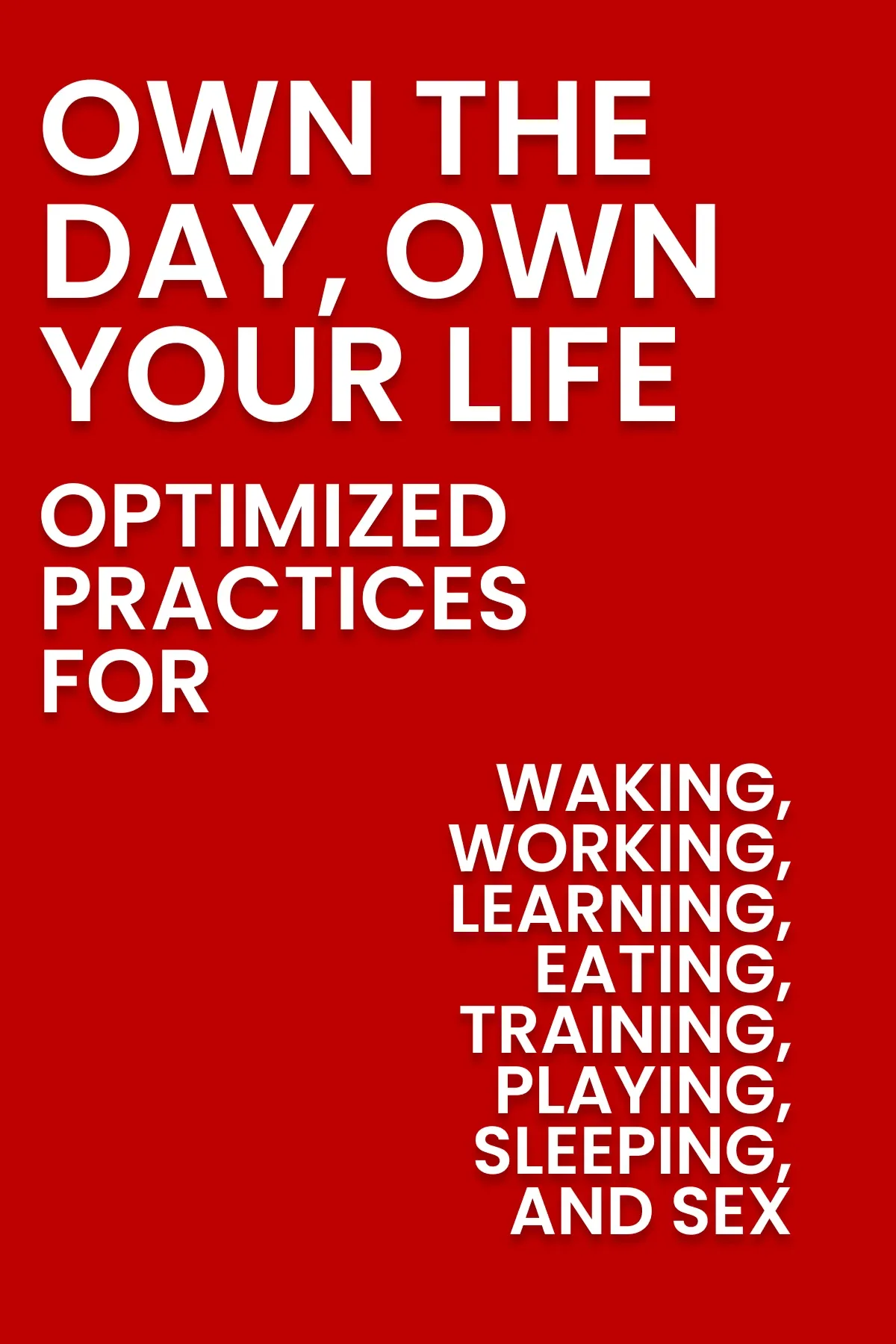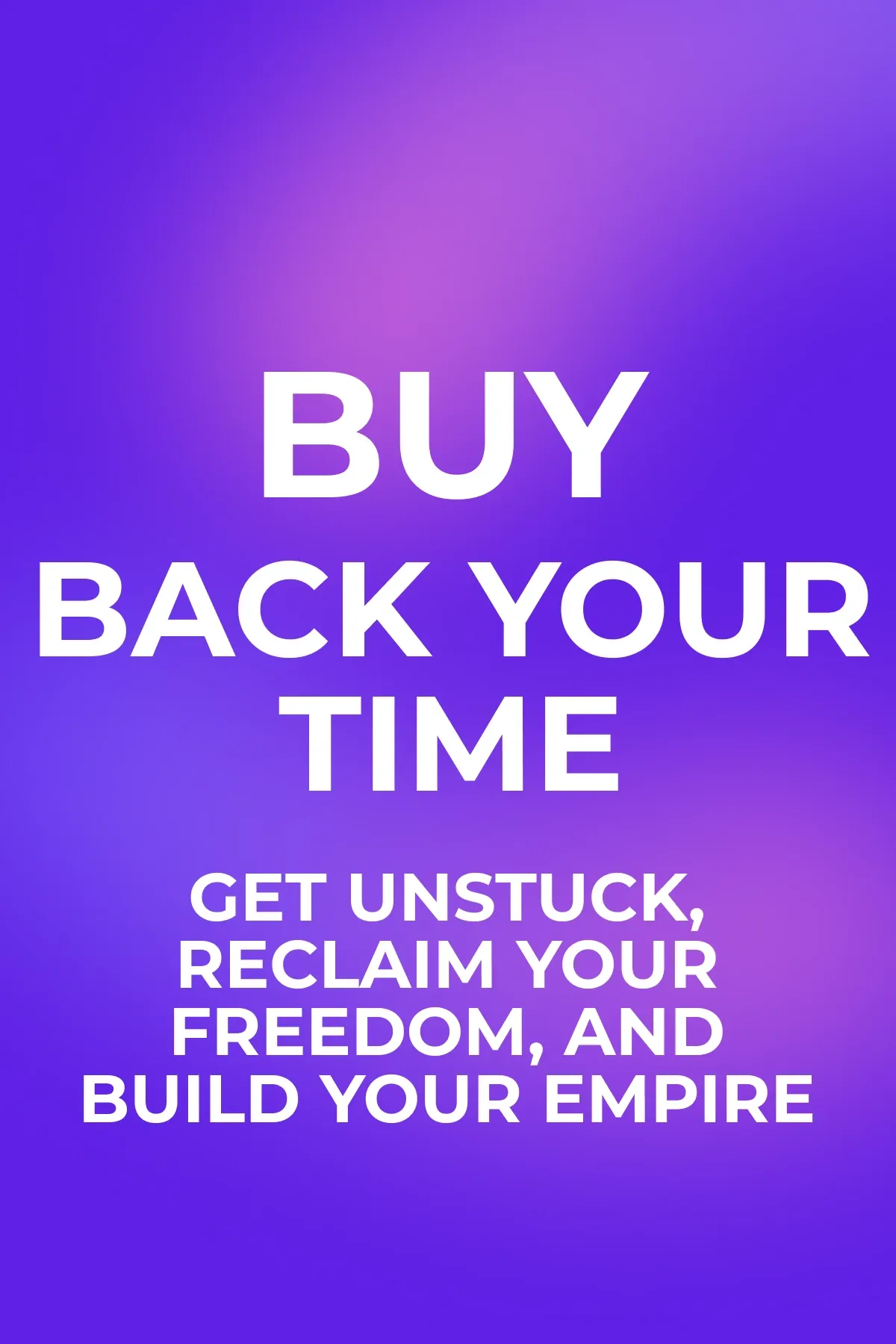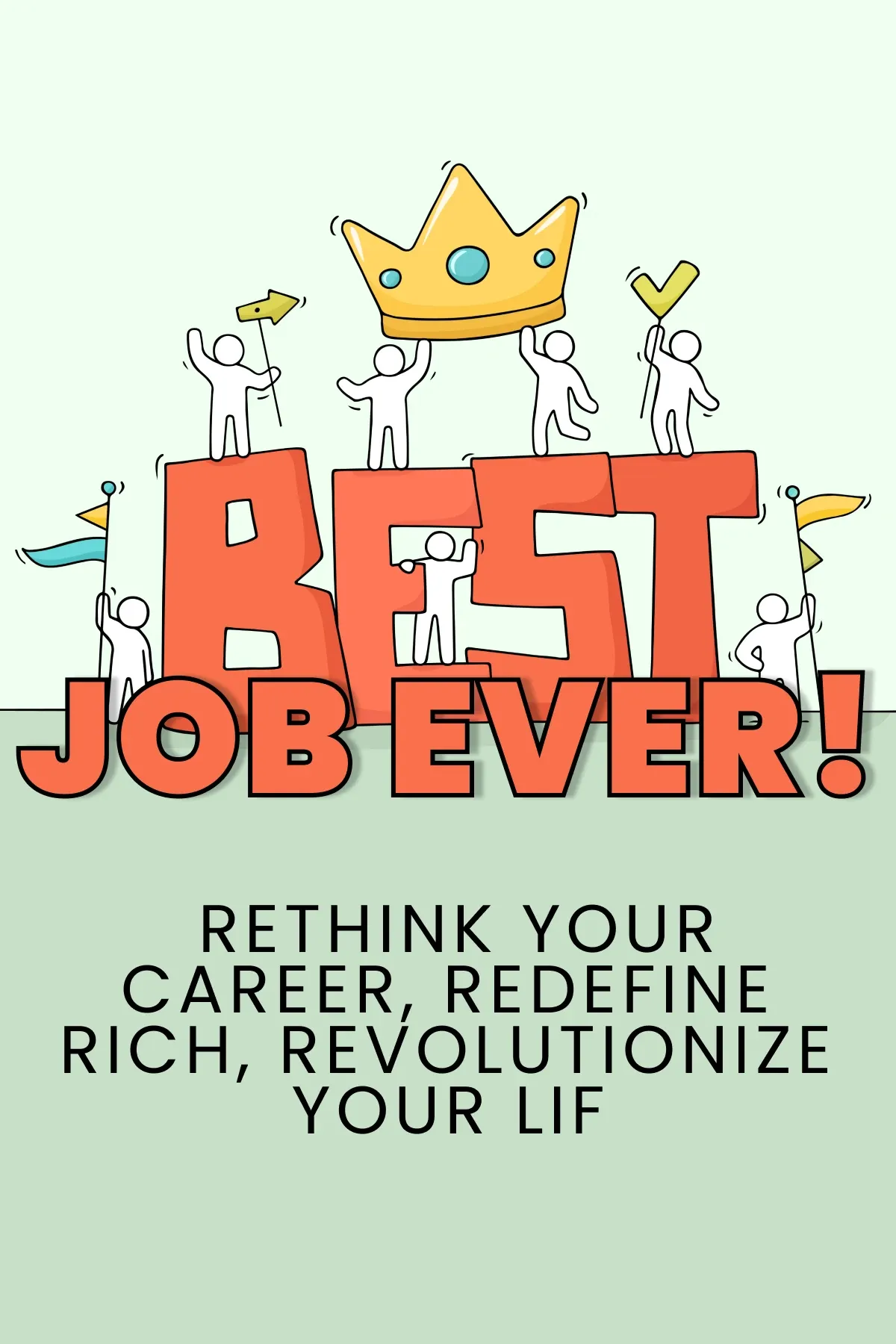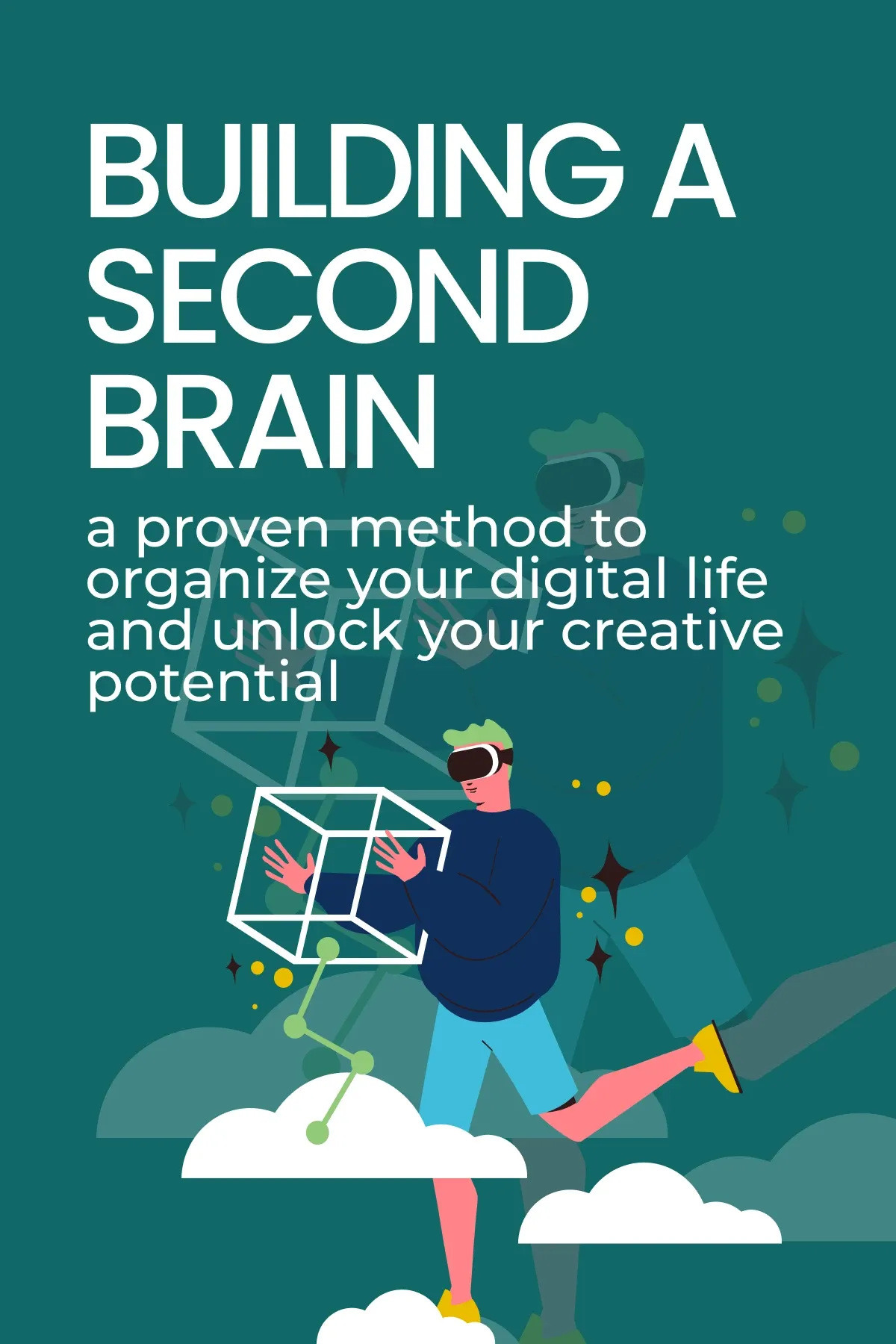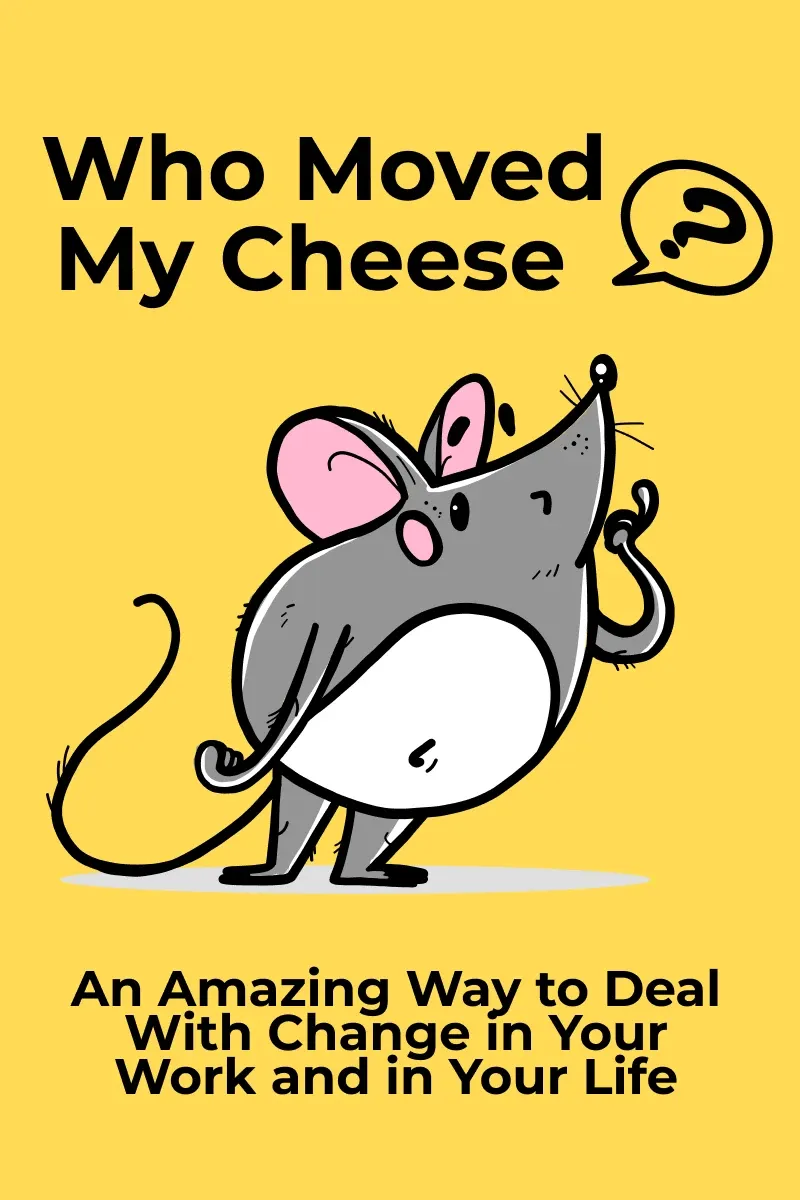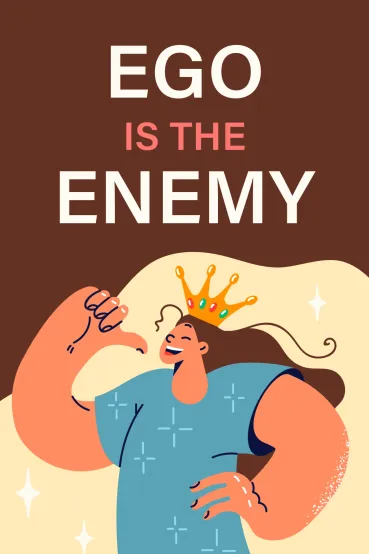
Ego Is the Enemy
Brief Summary
If you are someone who has ever struggled with the balance between ambition and action, this book is for you. “Ego Is the Enemy” is a sharp, insightful look at how ego can ruin our lives and how humility, discipline, and a willingness to embrace challenges will lead to real mastery and long-lasting success.
Key points
Key idea 1 of 10
It is very convenient to chat about the great things you can manage while simultaneously staying away from work, which these aspirations require. Our ego ensures us that "talk the walk" is crucial because it is where all great achievements originate. What our ego refuses to confront is the fact that words without actions are worth nothing.
For example, Upton Beall Sinclair Jr., an American author, political activist, and muckraker, became a California gubernatorial nominee in 1934. To enhance his campaign and encourage the public to vote for him, Sinclair wrote a book called *I, Governor of California and How I Ended Poverty.* There, he outlined the policies he intended to enact as if he had already won the election. Although the book gained vast popularity, it did not help Sinclair on his way to the governor's post. After writing about his "success," Sinclair, most likely, was no longer interested in his campaign, which resulted in him receiving very few votes compared to his opponents.
This is a vivid example of how we tend to devote more time and effort to talking rather than actually working. The need to work brings feelings of discomfort, anxiety, and doubt, causing us to only talk and think about the great final result. Yet, to make your plan a reality, the work is irreplaceable, and the sooner you understand that your ego keeps you away from success, the sooner you will get down to doing business and succeed.
Social media platforms like Twitter or Facebook worsen the issue of ego. Searching for ego boosts through validation from others, we shift our focus from pursuing our goals to just talking about them. We begin to mistake external recognition for progress without moving us any closer to what we want to achieve.
Take an American novelist, Emily Gould, as an example. Even though Emily had a book contract, all she did was spend time on different social media platforms. She rationalized this by saying that this was a part of her strategy to raise recognition and build her brand. In fact, Emily was talking about her "work" to get a sense of progress and avoid the most challenging part — writing a book.
FAQ
You may also like these summaries


